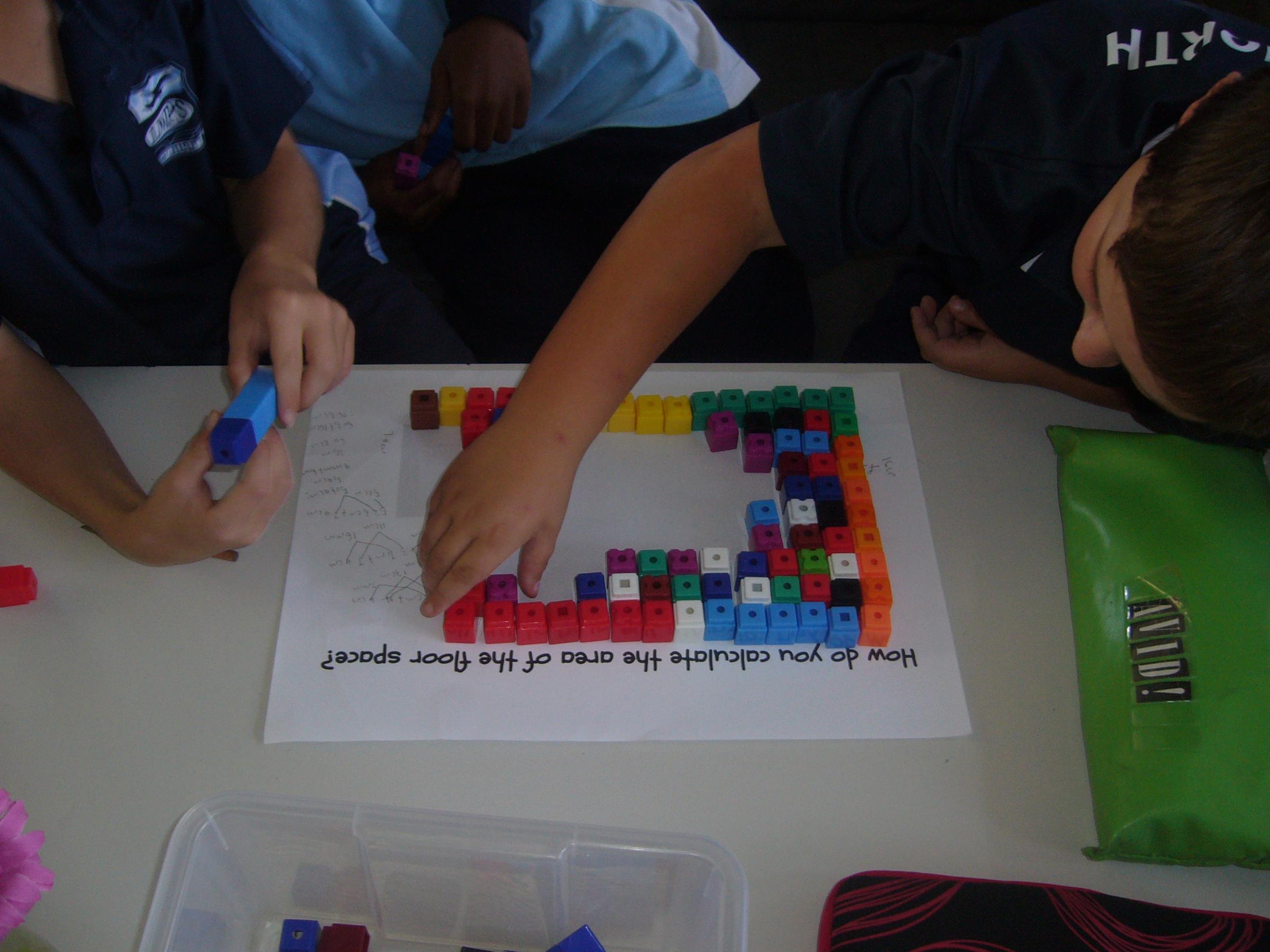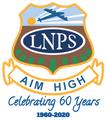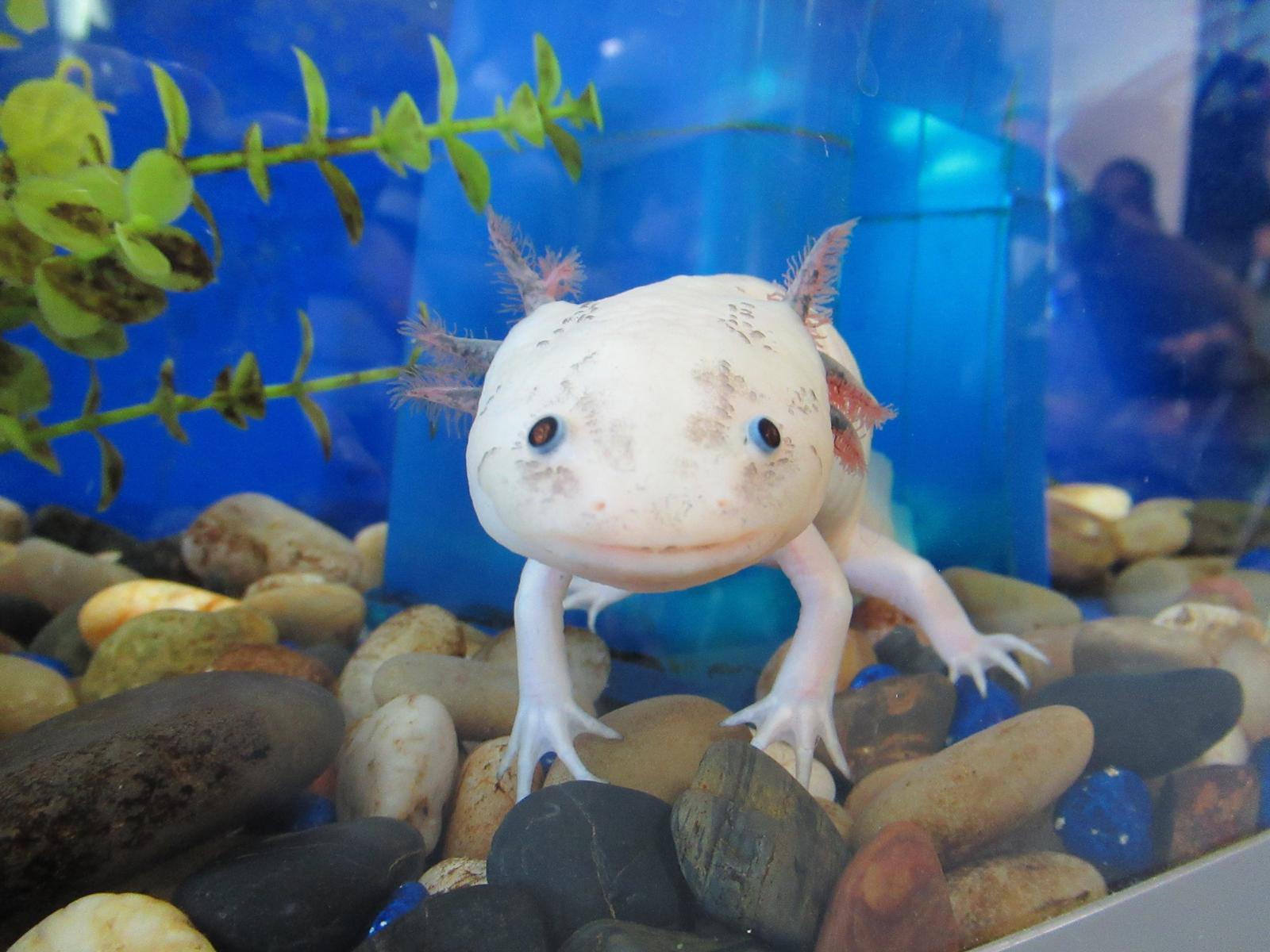Curriculum News

Clear Expectations
Throughout the curriculum, students will be introduced to the lessons via LEARNING INTENTIONS. These provide the students with a clear focus of the intended learning. The learning intentions can fall into three categories: a skill, knowledge or understanding. Students are expected to meet SUCCESS CRITERIA in order to maximise their learning outcomes.
English
The explicit teaching of English incorporates Writing, Vocabulary Development, Reading and Viewing as well as Listening and Speaking with the focus on learning how to use the English language to effectively communicate for a variety of purposes. Skills taught in English are also embedded across all other curriculum areas.
Reading
Reading comprehension strategies are developed to empower students to be successful across the curriculum. Students engage in many different reading activities in order to strengthen their abilities to comprehend and make connections to texts involving ‘HERE’, ‘HIDDEN’ and ‘HEAD’ information. As comprehension strategies improve, emphasis is placed on key skills of summarising and drawing conclusions. Opportunities to respond to literature are also provided through class novels, guided texts and personal texts.
Listening and Speaking
Listening and speaking skills are developed through class participation, assembly presentations, Year 7 Graduate speeches and scheduled planned oral presentations. Students are supported to contribute their ideas and elaborate upon their thinking in order to justify their points. Students participate as active audience members by providing effective feedback to their peers.
Writing
Writing skills are addressed in multiple ways. As a text type is explored (e.g. narrative), students develop knowledge and understanding of the structure, grammar and specific vocabulary required of that particular text type. Writing workshops also take place this Semester, in which students work in targeted groups to improve their skills. Students may be focussing on punctuation, sentence structure, vocabulary use and text control. Throughout this Semester the following text types will be explored: narrative and persuasive texts.
Proof reading and editing of written work is explicitly taught with the expectation that students take greater ownership and responsibility for this. Frequent Ten Minute Writing sessions provide students the opportunity to improve their skills by responding to a variety of prompts with foci on accurate sentence and text structure, and using precise vocabulary.
Vocabulary Development
Students work on developing strategies which writers need when working out how to spell words to enable them to become proficient spellers. These strategies include knowing what words mean, how they sound, how they change form and where words come from. These strategies are referred to as the Four Spelling Knowledges: Phonological, Visual, Morphemic and Etymological.
Students participate in targeted workshops, meeting their particular spelling needs, in which they inquire into words to find patterns and generalisations allowing them to develop strategies to spell and understand large numbers of words.
Through all subject areas, students focus on developing a broad vocabulary in order to be able to express themselves in a precise and, where appropriate, technical manner. Vocabulary development is vital to academic success.
All of the various skills and outcomes covered in the English programme have application across all curriculum areas.
PREMIER'S READING CHALLENGE
Students are encouraged through the Homework Grid to read and participate in the Premier's Reading Challenge. The Challenge requires students to read 12 books between the beginning of the school year and early September. Information is available at the Reading Challenge website:
http://www.premiersreadingchallenge.sa.edu.au/prc/
Mathematics
Learning Mathematics is an active process where students build their own mathematical understanding through interaction with the ideas they hold and alternative ideas held by others. Students will be encouraged and supported to take risks and persevere with new or different and efficient ways of thinking and solving problems, and will understand that mistake making is an important part of their learning.
Students will continue to develop understanding of the algorithms for addition, subtraction, multiplication and division and will explore, and apply, a range of written and mental strategies for computation to solve multi-step problems with a focus on measuring lengths, heights and distances travelled as well as capacity and volume.
Opportunities are provided to solidify and develop understanding of concepts related to place value, fractions, decimals and the representation and analysis of data.
Understanding, fluency, problem-solving and reasoning are an integral part of mathematics content across the three content strands: number and algebra, measurement and geometry, and statistics and probability.
Understanding - the skills involved include making connections, comparing and ordering, describing and identifying.
Fluency - the skills involved include choice and selection and estimation.
Problem-solving - the skills involved include formulating questions and finding authentic problems.
Reasoning - the skills involved include investigation, interpretation, justifications and building onto own learning.
Humanities & Social Sciences-HASS
We use an inquiry approach to assist the students’ learning of skills and attributes necessary to become successful, independent and lifelong learners. Key skills developed through our inquiries include: questioning, researching, analysing, evaluating and communicating. The Fisher staff plan and assess all inquiry units together.
All Year 5 and 6 students will be investigating the question, "How are we connected to different places?" Through the use of mapping, technologies and real-life experiences, students will demonstrate their knowledge and understanding in a variety of ways.
The Year 7 students will be focussing on concepts such as place and space, roles, rights and responsibilities and interconnections through inquiries into the following questions:
- How has the use, management and value of finite natural resources affected how people have lived and societies have evolved in the past and present, and what does this mean for future planning?
- What principles and processes underpin Australia’s cohesive society and stable economy and what is the role of political, economic and social institutions in developing and maintaining this?
The Arts & Technologies
This year, Fisher students will be participating in Tuesday Arts and Technologies. Each student will be able to choose from Drama, Music, Design and Technology, Media, Visual Arts and Digital Technologies. Students, randomly picked, will choose their desired topic at the beginning of each term. They will be working with a different Fisher teacher each time. As well as offering students a range of experiences and expertise, this programme also helps prepare students for high school by providing the opportunity to work with specialist teachers.
Ms Brook will be teaching Visual Arts, Ms J Martin will be teaching Dance, Mr Tarleton will be teaching Design and Technology, Mr Clayton will be teaching Music, Mr Jonathon will be teaching Media while Mr Starr will be taking Drama. This is a great chance for students to try things they may have never done before.
German
Each class has one 50 minute German lesson per week with Frau Edwards.
Students are learning to use complete sentences in familiar contexts to ask questions, respond to requests and share learning experiences. Modelled language provides texts for manipulation to describe, request and respond to actions. Students use written and spoken German for classroom interactions, to share ideas and opinions, relate experiences and express feelings. Students work individually and collaboratively as well as online to read and create written texts, participate in oral interactions and complete listening tasks. Repetition, revision and reflection are all important aspects of understanding and being able to recall vocabulary. Practice builds confidence with learning a language and being able to have a go amongst your peers is important. Students are encouraged to support each other and learn together.
Greek
Please see attachment
Science
In Science this term, our focus will be on Chemical Sciences. We will be exploring solids, liquids and gases, reversible and irreversible changes to materials and separation of materials.
In Term 2, our focus will be on the Physical Sciences. We will be engaging in investigations about light and exploring how light can be absorbed, reflected and refracted. We will also be looking at electric circuits as means to transfer and transform electricity. Robotics will also be a focus in Term 2 using the Lego Mindstorms EV3 robots.
Throughout the semester, students will also be developing their Science Inquiry Skills where they will get opportunities to conduct scientific investigations, plan and implement fair experimental methods and identify variables to be changed and measured. Students will also draw on evidence to support conclusions, summarise data from different sources and suggest improvements to their investigation methods.
Physical Education
Students will receive one 50 min Physical Education lesson each week. Our programme aims to develop the knowledge, skills and attitudes students need to lead healthy, active lives.
Students learn about the importance of good sportsmanship and teamwork and develop skills to play individual and team sports.
Students will be engaged in a broad range of physical education activities.
- Fitness testing
- Manipulative movement skills (throwing, catching, kicking, as well as striking, dribbling and passing a ball)
- Modified sports
- Teamwork games and partner activities
This Semester, students will negotiate class agreements for PE lessons and will also look at goal setting and assessment criteria. They will take part in a comprehensive fitness assessment, to identify the specific components of fitness they will endeavour to improve. Lessons will also focus on badminton, basketball and netball in Semester One.
In the second half of Term One, lessons will have an athletics focus, in preparation for our School Sports Day on March 31st.
From time to time additional sporting clinics will be conducted by visiting specialist sports development officers.
If your child is interested in participating in any SAPSASA events or trials, please keep an eye on Skoolbag for updates. Students will also be notified of any upcoming events or trials by Miss J Martin or Miss Patterson during PE lessons and be provided with relevant documentation.

